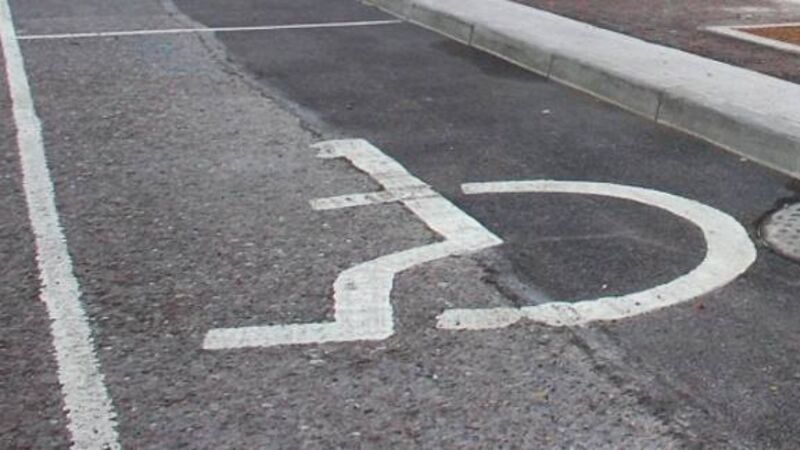We need to avoid creating new prisons to protect disabled children

It was an exchange that got me wondering — have we exchanged our so-called “lunatic asylums” staffed by religious with private “lunatic asylums” staffed by parents?
Public opinion is firmly against residential care for psychiatric patients or the intellectually disabled. That’s nice for public opinion but it doesn’t have to lock the doors and windows for fear an adult child will break out and run across a busy road, or attack the neighbour with the butter knife. Public opinion doesn’t grow old and tired and frightened like the hundreds of parents who are over 70 and who are still waiting for residential care for their intellectually disabled adult children.

















